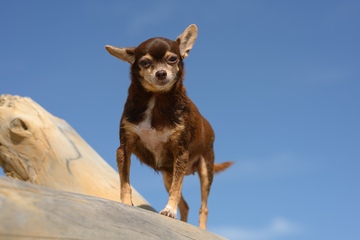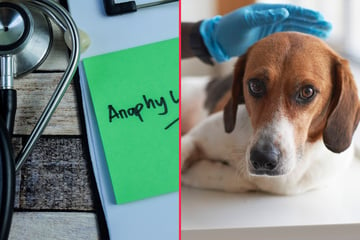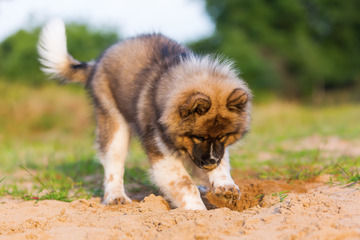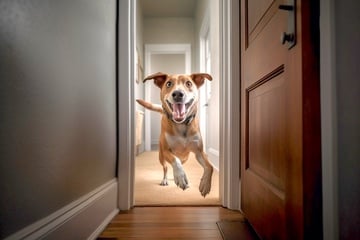Why do dogs growl?
Even the most experienced dog owner will get a little bit on edge when their dog growls at them. It's only natural to be fearful, but the best thing you can do is find out why your dog is growling and figure out what you can do about it.
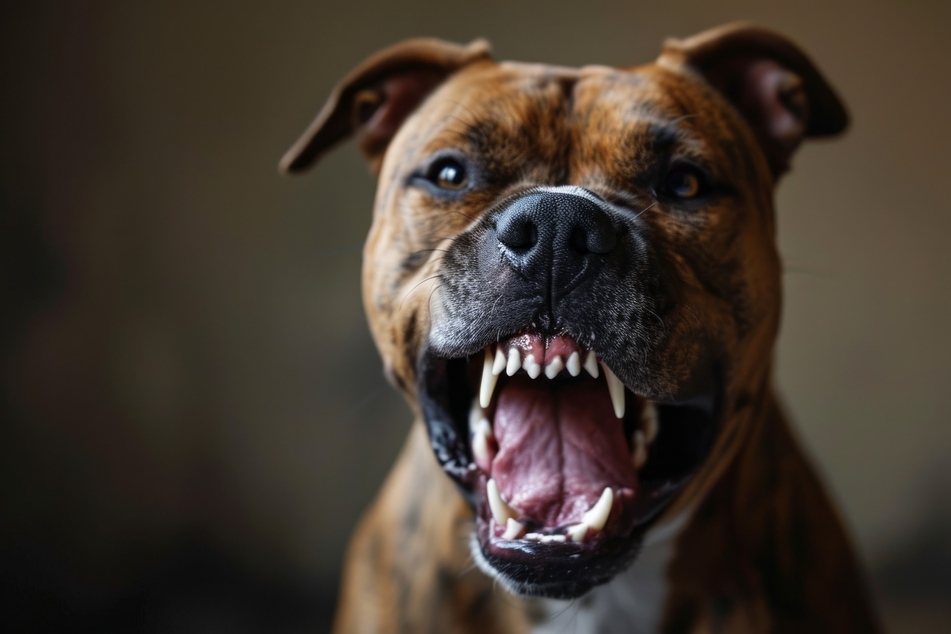
When a dog growls, its teeth are bared, and a certain level of threat seems to emanate from those opened jaws. Bigger or more muscular dogs are, of course, more threatening when they growl, but is that fear worth paying attention to? Should you be worried for your safety or your child's safety?
If your dog is growling at you, it is worth taking note of why dogs growl. By understanding your dog, its instincts, and why it does what it does, you will be safer, happier, and more content around that most perfect of pooches.
Why is my dog growling?
The fact of the matter is quite simple: Dog body language is extremely versatile, and individual behaviors like growling, barking, howling, and wagging can mean a range of different things. This is both a blessing and a curse, as a dog's behavior doesn't necessarily translate to what it would mean in a human but can, at the same time, be extraordinarily cryptic and hard to understand.
When it comes to dog growling, though, it's generally a threatening or unpleasant situation to be in. You see, it is unlikely that a dog is going to growl because it is happy – in fact, the only circumstance in which growling is a good thing is if it is play-hunting. Instead, your dog's growling is probably because it is upset, angry, frustrated, or wanting to be seen as dominant.
In the world of dogs, growling is used as a warning to other dogs or animals, as a way to defuse a conflict. As a result, it should be recognized as such, understood, and responded to appropriately.
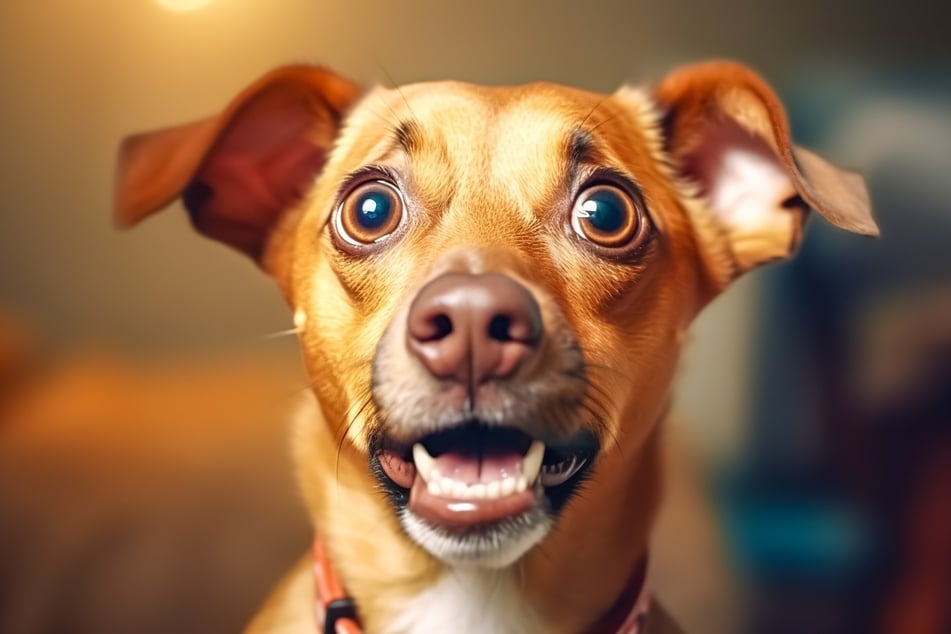
Dogs growl when they play
It is not unusual for a dog to growl while it plays, usually because it is pretending to hunt. In such a situation, its growl is not something to worry about, as it is an expression of excitement usually directed towards a stick or toy, which will likely feel the full force of your dog's wrath in a few short moments. This growling will likely be accompanied by yapping, barking, and other joyful sounds associated with playfulness.
Pain causes dogs to growl
If your dog has been hurt, it is quite likely to growl. In the immediate event of an injury, your doggo will cry out in pain with a yelp, followed by whining and, eventually, soft growling. As the wound or injury continues to develop, however, it may start to get a little bit aggressive.
If you touch your dog's broken paw, for example, it is quite likely to growl at you in anger at causing pain. In most cases, however, this growling is simply meant to let you know that it wants you to stop.
Dog growling because of fear and fright
Dogs often growl suddenly and unexpectedly when they are caught unawares by something and are frightened and scared. In such a situation, growling is an expression of that fear and is likely directed toward the person, animal, or object that caused the fright.
Usually, this is a harmless habit, as it is quite common for dogs to growl at you briefly if you wake them up suddenly and aggressively. The growl shows their discomfort and fright and is nothing to really worry about unless that fright is enough to trigger anger and aggression.
Dogs growl when they're frustrated
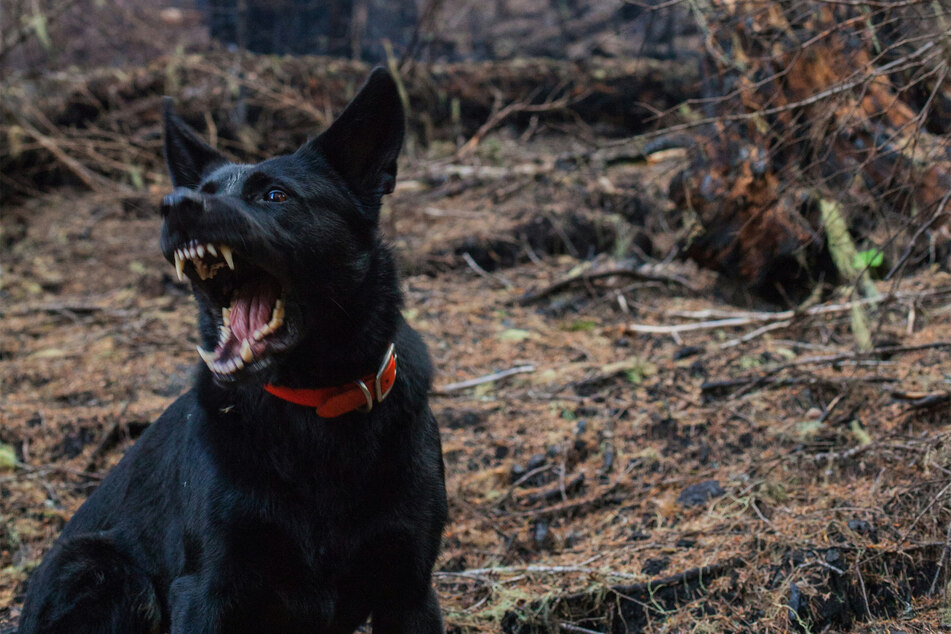
Frustrated dogs will sometimes growl to let you know that they want something. If you don't let your dog rest, for example, it will growl at you to leave it alone. Alternatively, if you have taken away your dog's favorite toy, it might growl at you out of a desire to see that toy returned.
The danger with frustration is that dogs are not so different from cats that they will sometimes lash out when annoyed. While admittedly harder to spur into violence than cats are, dogs can do a lot more damage if they do attack and, therefore, need to be respected when they express irritation through growling.
A need for dominance will cause dog growling
Dominance is a common reason for your dog to growl at you, other people, or animals. Likely coming on because of puberty, as they get older, dogs get more touchy about things like territory and sharing. Some dogs may feel that they don't want other dogs interacting with them or their human. As a result, they may growl and get a bit aggressive around other doggos.
In other situations, it's more about uncertainty or discomfort and a feeling that they don't really understand what's going on around them. When this happens, a dog's growl is to give them a bit of orientation and a feeling of security, as they are proving to a potential threat that they are ready and capable to match that threat with strength.
Important: Some dogs will get so aggressive, dominant, and angry that their growling is the last of your worries. Dogs like American XL bullies, which have recently been banned in the United Kingdom, can be seriously dangerous and need to be looked after with care, patience, and a lot of attention.
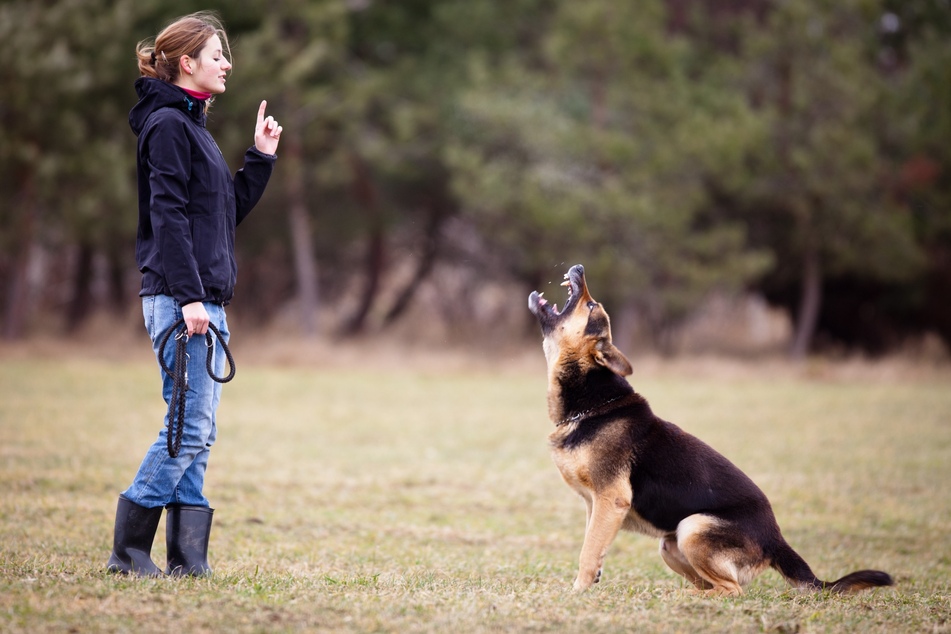
How to stop your dog growling
If your dog growls at you sometimes, and you find yourself at a loss as to what you should do, there are a few steps that you should take straight away. While identifying the root cause and acting on it is the most important thing, staying safe and being careful with animals that could potentially inflict a lot of damage is never a bad idea.
What to do when your dog starts growling
Step 1 - Recognize the reason: Having studied why your dog might be growling at you, pay attention to the dog's surroundings and the context in which it has started to growl. In most cases, it will be pretty easy to identify the cause.
Step 2 - Act on that reason: If there is a clear and easy fix to the situation (for example, if it is something you or someone else is doing or an item or animal that is bothering your dog), enact that fix immediately and then shower your darling doggo with love and respect.
Step 3 - If you can't find the reason, slow down: If your dog is growling and there is no clear reason, but you are concerned that it could be dangerous, slow down a bit. There is likely something causing the tension, and you need to work out what it is. Have a think and consider what you can do to de-escalate.
Step 4 - Enact a plan: Once you have figured out what you can do to make your dog feel better, do it. Try to make your dog feel protected and loved, walking between it and the perceived threat or simply leaving it alone while it mulls over whatever was bothering it.
Step 5 - Show it some love: If your dog has calmed down and is being its normal self again, go and give it some hugs and love. Make sure to positively reinforce good behavior like this while doing the opposite for bad behavior.
It might seem a bit weird, but the ultimate solution to dog growling really is just a bit of relaxation. If you are relaxed and comfortable, your dog will feel that and be reassured that everything is fine. Still, try to identify the reason for its angst and act on it; just don't freak out too much.
Dog growling is normal, but pay attention
While it is totally normal for your dog to growl at you from time to time, it is still worth paying attention to. As we have established, dogs sometimes growl at people out of anger or aggression, and, as a result, growling can lead to dangerous situations. You need to get on top of such situations before they occur, and that can simply be done by noticing why your dog is angry and acting on it.
So take a step back, think about why your dog is growling at you, and calmly settle the situation down. Dogs are wonderful creatures, and in most cases, growling isn't anything to worry about, but it is still best to be careful.
Cover photo: 123RF/inkdrop
